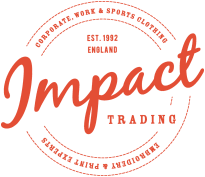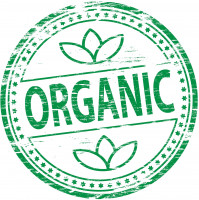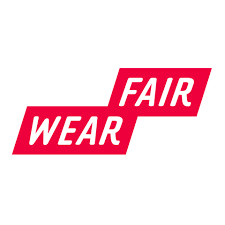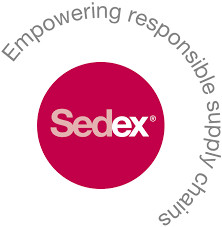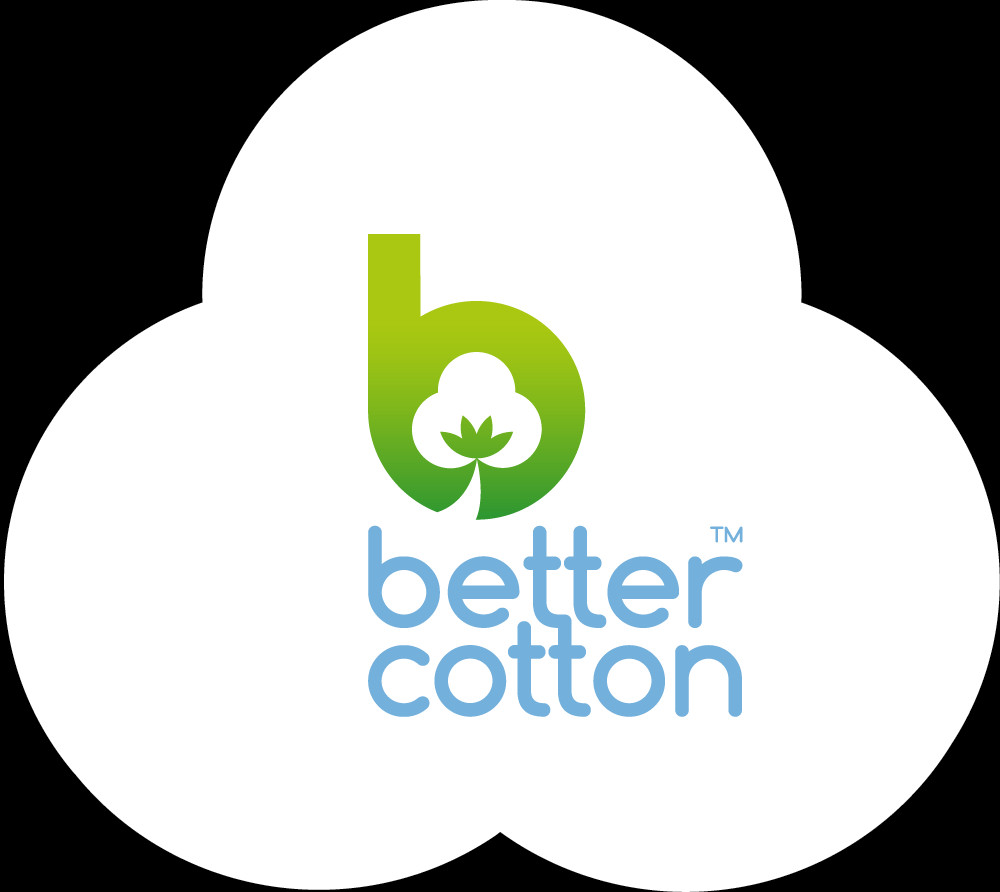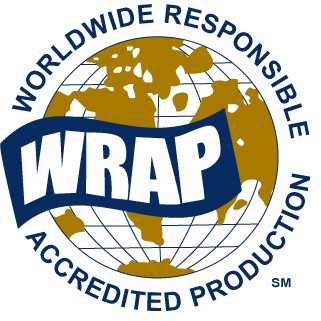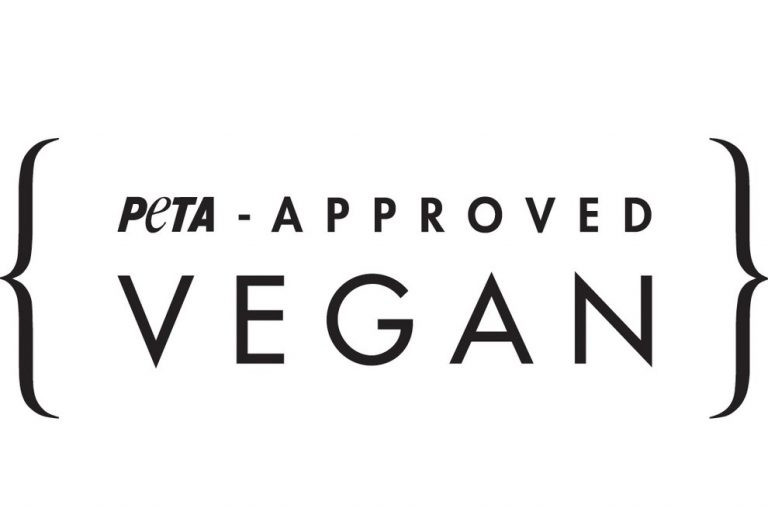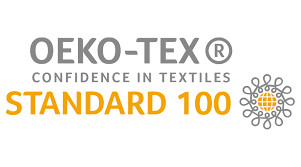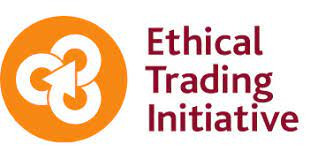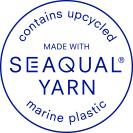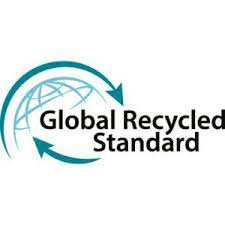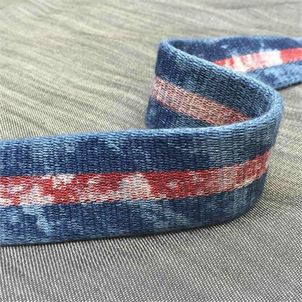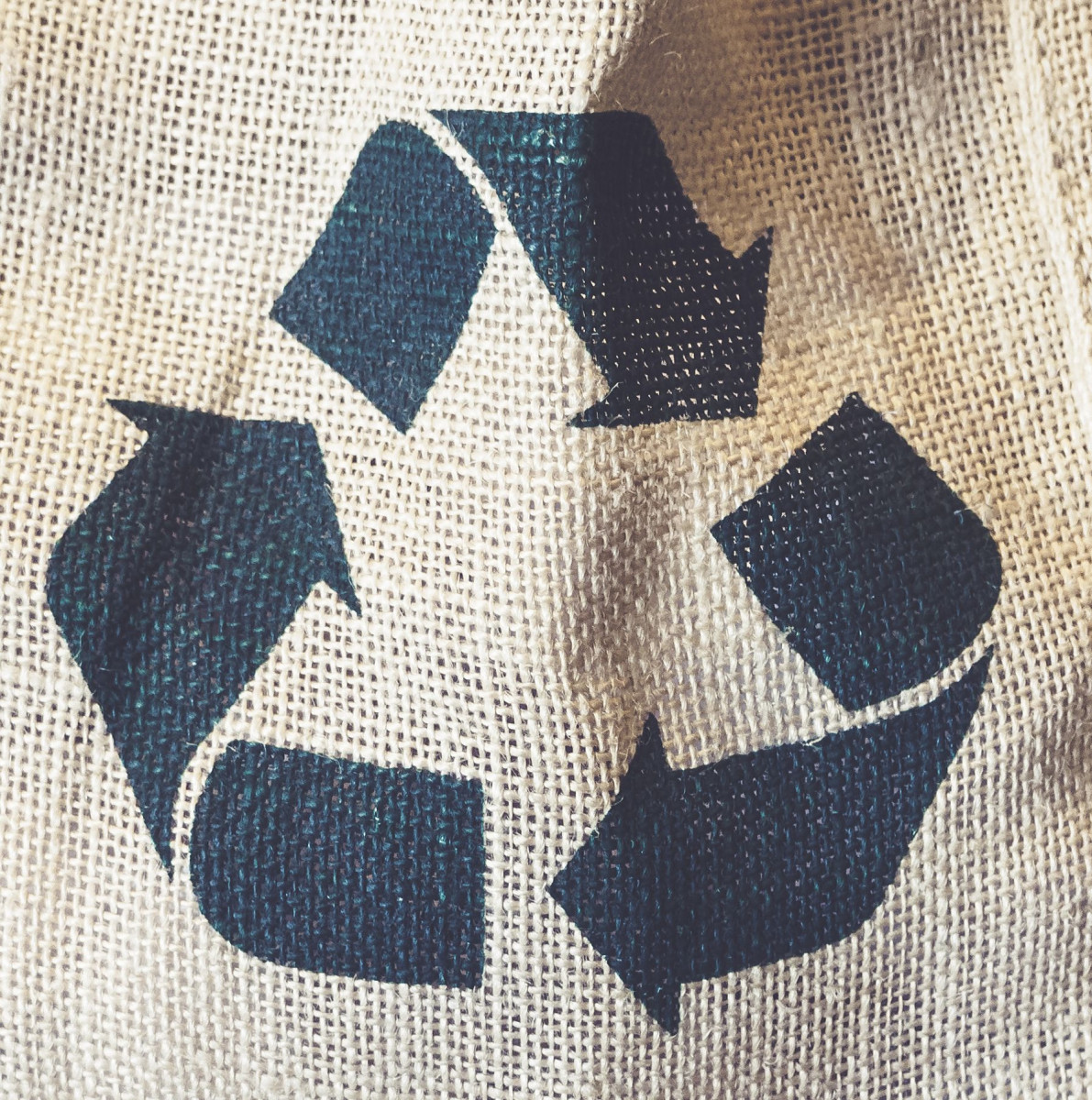Impact Trading is an established provider of corporate clothing, work wear and uniforms. Our aim is to assist you in your choice of corporate clothing and ensure that your organisation portrays a professional image that inspires confidence in your customers.
Our corporate clothing range includes the top brands, for example Skopes, Brook Tavener and Russell Collection. This means that you can be confident that your staff will be wearing stylish but hardwearing corporate uniform that will be crease resistant, easy to iron and easy to clean.
We recognize that your brand is highly visible through the corporate clothing or corporate uniform that your staff wear. We realize how critically important it is that the first impression your customers have is a powerful and positive one. Corporate clothing and uniform needs to fit the requirements of your staff and meet the expectations of your brand.
Corporate clothing conjures up images of suits, jackets, ties, trousers and skirts. Our corporate clothing range includes all of the above and more. Our coordinated range means that you can mix and match to suit the different shapes and sizes of your people. They will feel comfortable, confident and at ease.
Corporate uniform or corporate workwear can also include polo shirts, knit wear, shirts, blouses and t-shirts. Our range is exclusively good quality and will not let us, or you down.
The branding of your garments with your company or organisations logo is part of our expertise. Only top quality thread for the embroidery of your logo, or quality water based inks for your printed design is used. This means that your branding remains crisp, bright and new.
Whether it’s workwear for a factory, corporate uniform, or corporate clothing for an office - you can trust us with your image.
Read more...
Show less...
